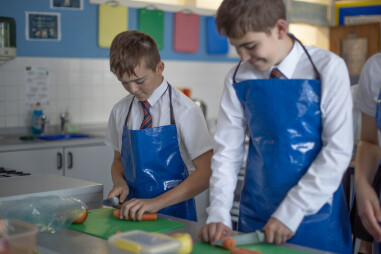All students in years 7 and 8 have four lessons a fortnight of Food Preparation and Nutrition during a thirteen week carousel with other technology specialisms. Through both practical and theoretical methods students will cover the 5 core topics of Food, nutrition and health, Food science, Food safety, Food choice and Food provenance.
Year 7 - Food and Cooking
Year 8 - Diet and Health
Students will learn how to work safely and hygienically in our kitchen, and how to use a variety of general and specialist food preparation equipment. They will learn about macro and micro nutrients and the importance of eating a balanced diet, and will discover the chemical and functional properties of different foods and the science involved in their use. They will develop their practical skills through working with vegetables, meat, dough, eggs and pastry, and cook a variety of sweet and savoury dishes. Students will be given a recipe booklet and fortnightly homework, designed to help students research,focus or improve their learning and develop both their written and practical skills.
Throughout the year, classwork, including practical work, homework, and end of term assessments will be used to assess whether a student's knowledge is emerging, secure, or advanced; the result of this assessment is then shared with students and parents via the Year 7 and 8 Progress Reports, which are emailed home.
 Staffing List:
Staffing List:

 Testbourne Community School
Testbourne Community School